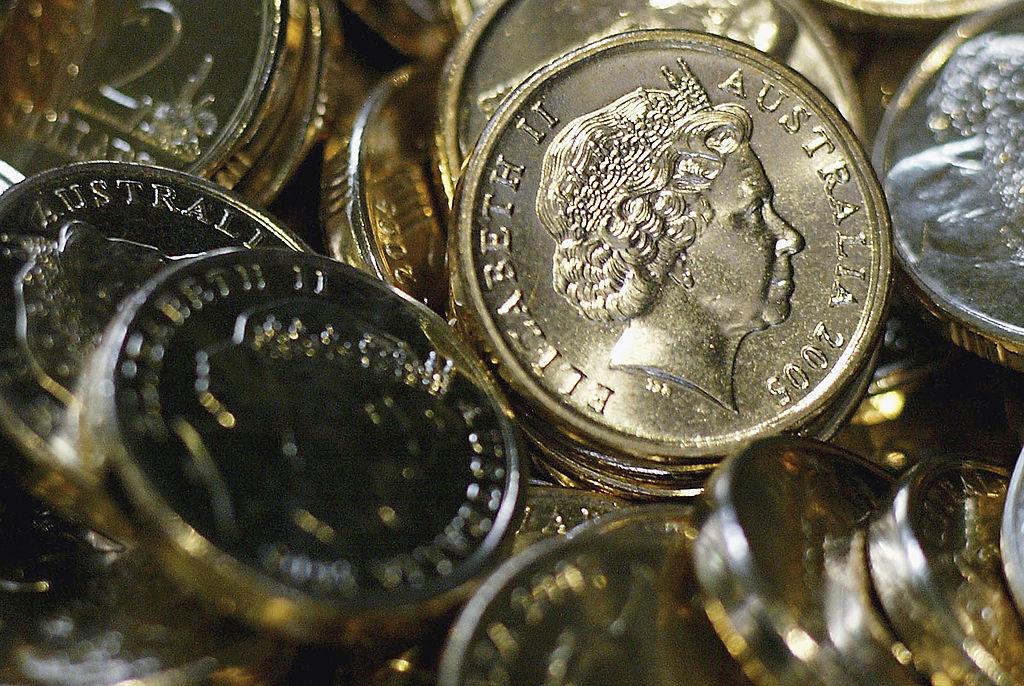Shadow Treasurer Angus Taylor says the federal government needs to stop making excuses for Australia’s inflation crisis and get on with the job of stopping it.
In his Budget Reply speech, Taylor said the Albanese government’s budget would worsen the current economic situation.




